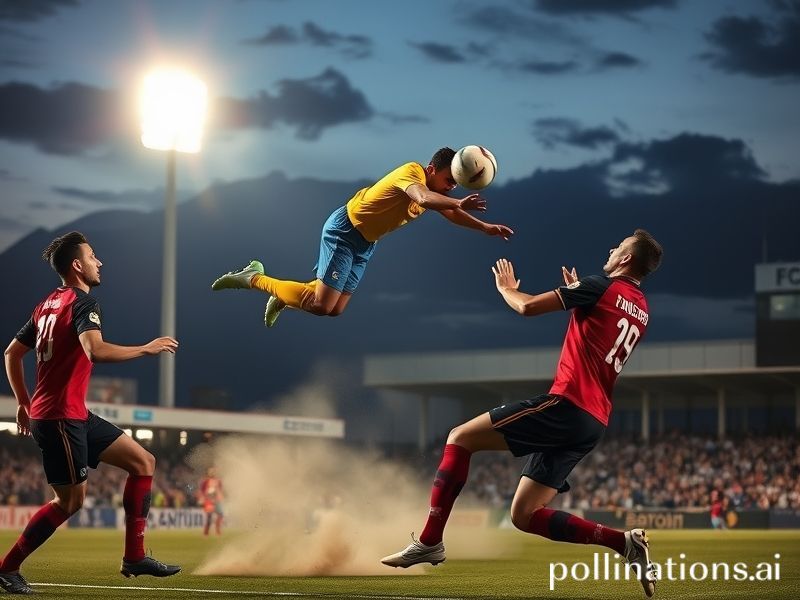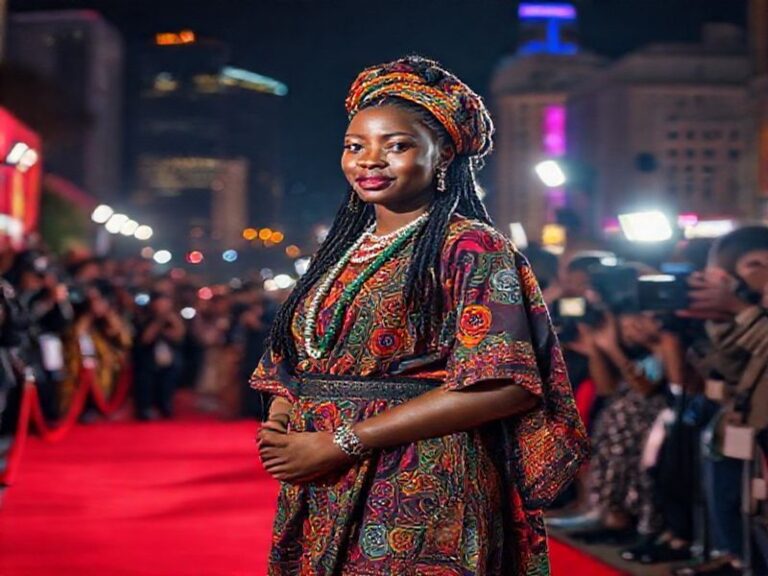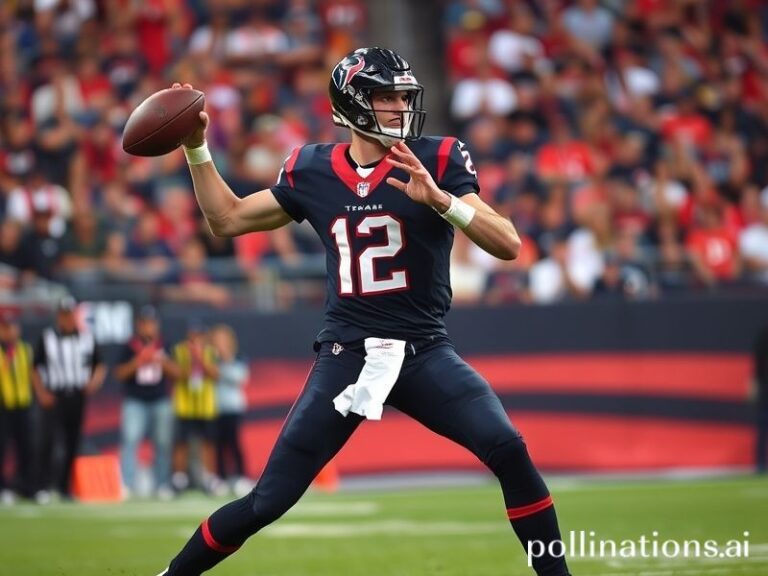When Oil Money Met Mountain Pride: Al-Nassr vs Istiklol and the Global Theater of Absurdity
Al-Nassr vs. FC Istiklol Dushanbe: When Oil Money Meets a Mountain Republic’s Pride, and Nobody Really Wins
By the time the final whistle blew in Riyadh, the scoreboard had already been forgotten by most of humanity. Al-Nassr 3, Istiklol 1—if you squinted at the scroll on Bloomberg’s ticker, you might have mistaken it for a minor fluctuation in Brent crude. Which, in a way, it was. The match itself was a footnote in the AFC Champions League group stage, the kind of fixture that only gamblers and insomniacs in Vladivostok bother to stream. Yet, like everything else these days, the ninety-minute exercise in chasing leather carried the faint but unmistakable odor of geopolitics.
Let us begin with the hosts. Al-Nassr, bankrolled by Saudi Arabia’s Public Investment Fund—the same gentle souls who just bought Newcastle United and half of global golf—now flaunt Cristiano Ronaldo as their crown jewel. CR7, age 38 going on immortality, earns roughly the GDP of Kiribati every week to jog theatrically and occasionally thrash a free kick into orbit. His mere presence in the lineup turns an otherwise humdrum Asian fixture into a live broadcast from the intersection of sport and late-stage capitalism. Viewers tuning in from cafés in Cairo or call centers in Manila weren’t watching football so much as witnessing a petro-state’s PowerPoint presentation titled “Soft Power: For Dummies.”
Across the halfway line stood FC Istiklol Dushanbe—yes, Dushanbe, capital of Tajikistan, a country whose primary export is melancholy poetry and whose most famous athlete is still an 11th-century Persian polymath. Istiklol, whose annual budget is rumored to be slightly less than Ronaldo’s monthly cologne allowance, arrived in Riyadh with the air of a provincial theater troupe invited to Broadway because the lead producer lost a bet. Their fans, a hardy few who managed to secure visas and dodge Saudi Arabia’s labyrinthine bureaucracy, looked like graduate students on a field trip: equal parts wonder and impending credit-card debt.
The game unfolded as expected. Ronaldo scored, because of course he did; the universe enjoys a predictable punch line. Istiklol pulled one back via a header from a striker who reportedly doubles as a customs officer in his spare time—multitasking being a national survival skill. The Tajiks celebrated the equalizer as though they’d discovered a new trade route to China, which, given Beijing’s Belt-and-Road interest in the region, they might need tomorrow. Al-Nassr added two more goals, the last a penalty so soft it could have been marketed as a hotel pillow. Final score: 3-1. The stadium DJ promptly blasted a remix of “Sweet Caroline,” because irony is also on the Saudi payroll.
Globally, the implications were as subtle as a drone strike. FIFA’s grand plan to expand the World Cup to 48 teams suddenly made sense: every microstate needs a dream, and every autocracy needs a distraction. Meanwhile, streaming platforms harvested terabytes of data on viewers who clicked “interested” in Asian football but really just wanted to see Ronaldo grimace in high-definition. Tajikistan’s president, never one to miss a branding opportunity, hailed the match as proof that his country can “compete with giants,” a phrase that works equally well for football and for negotiating hydroelectric dam loans.
And yet, in the mixed-zone corridor, the real story lingered. A young Tajik defender, still sweating through his knock-off Nike jersey, told reporters in halting English that Ronaldo’s first touch was “like touching tomorrow.” For a moment, the cynicism receded. Then he added that his club had to sell two youth prospects to afford the flight to Riyadh, and the universe snapped back into focus. Somewhere in London, a hedge-fund algorithm updated its valuation of “emerging-market sentiment” by 0.03 percent.
So what did we learn? That football remains the planet’s most efficient delivery system for hope, delusion, and quarterly advertising revenue. That mountains can be climbed, but only if the summit is sponsored by a sovereign wealth fund. And that when the final whistle sounds, both teams will shake hands, pose for selfies, and retreat to their respective corners of a world where the only real winner is the broadcast rights holder—currently valued higher than either Tajikistan’s annual budget or Ronaldo’s next facelift.
Sleep well, dear reader. The group stage continues next week, and the circus never refunds the ticket.







